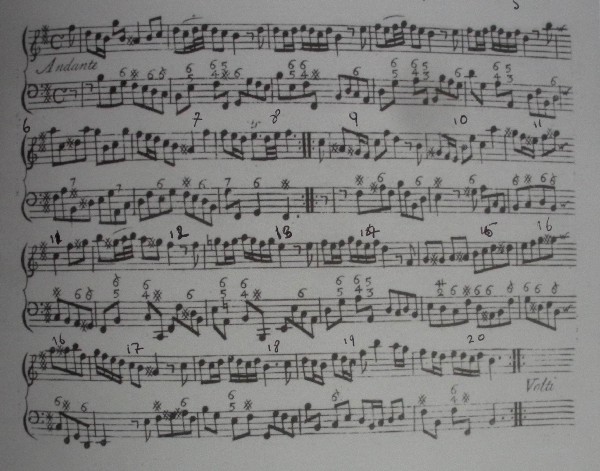So it turns out that lots of people struggle with learning music theory and ear training. This may not be news to you, but it caught me off guard when I started teaching ear training as a TA at Eastman in 2001. And for the past sixteen years I’ve been trying to work out ways to make it easier, practicing on my students at Eastman, Lone Star College-Montgomery, Interlochen and now Oberlin.

Along the way I’ve read “the books” (Gary Karpinski’s Aural Skills Acquisition and Michael Rogers’s Teaching Approaches in Music Theory). I’ve studied “the methods” (most influential for me, Dalcroze Eurhythmics; but also Kodály and Orff). I’ve fixed-doed, moveable-doed, and scale-degreed my way through Ottman/Rogers, Solfège des Solfèges, and Modus Novus. I’ve 1E&A-2E&Ad and takadimied my way through Hall’s Studying Rhythm. I’ve even written about some of these things in the American Dalcroze Journal and the Journal of Music Theory Pedagogy.
And I’ve been fortunate to study with some of the most brilliant teachers of music, music theory, and how to teach music & music theory in the world — I won’t risk offending any by naming just a few.
It turns out there are lots of ways to misunderstand the fundamentals of music theory and still get mostly right answers. (But rarely fast enough to attain full fluency.) The ways we learn things matters. Students could just memorize the 15 major and minor key signatures. But, if instead they learn where the keys come from, how to derive them, how each note functions in each key, and how the keys relate to one another then they’ll immediately understand all sorts of more “advanced” topics: triads & seventh chords, roman numerals, modulation and more. And, they will have memorized them in the process.
And we rarely talk in music theory circles about how to teach these truly fundamental concepts — partly because we expect students coming into music major programs to have already learned them. (The reality, of course, is that many, if not most, incoming college students haven’t learned them. Failure in music theory or aural skills/ear training remain the top reasons students abandon a music major and subsequent career in music.)
In this blog I hope to share some of the thought processes & research behind what we’re doing in practice at uTheory.com. Our mission is to make music theory learning easy for students of all levels, through interactive lessons and carefully targeted practice.
